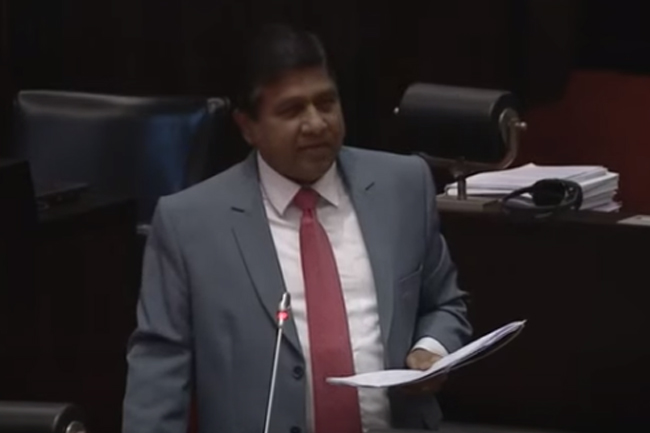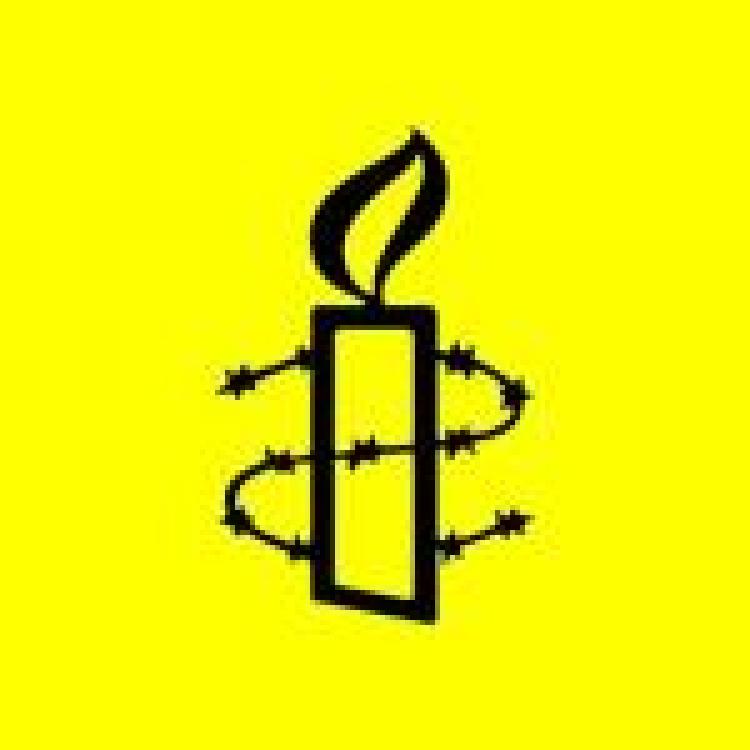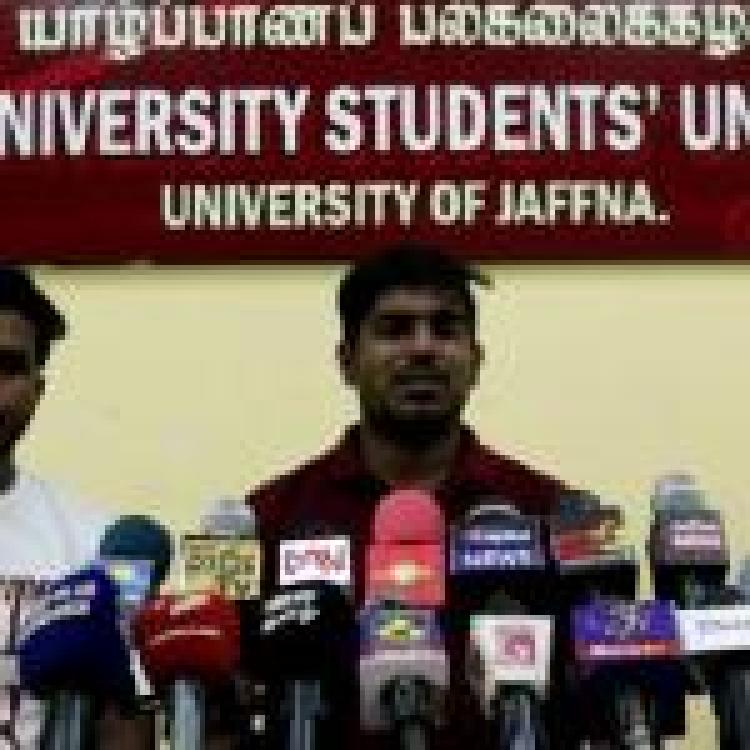
Image courtesy of Adaderana
In a move that has sparked both domestic and international concerns, Sri Lanka's Minister of Justice Wijeyadasa Rajapakshe presented the much-criticised Anti-Terrorism Bill to replace the longstanding Prevention of Terrorism Act (PTA).
The PTA initially introduced in 1979 as a temporary measure, faced widespread criticism for its draconian nature, particularly during conflict periods, including the ethnic war. After persistent calls from the international community, including the United Nations Human Rights Council (UNHRC), civil society organizations, and human rights activists, the government aimed to replace the PTA, with the Anti-Terrorism Act.
However, the new Anti-Terrorism Bill, presented in response to these calls, has also drawn criticisms, particularly from civil society organisations and activists. The proposed bill seeks to address some of the criticisms directed at the PTA but has faced skepticism for potential overreach.
In October 2023, the Office of the High Commissioner of Human Rights (OHCHR) raised “serious concerns” over the Anti-Terrorism Bill, which includes a widened definition of terrorism to encompass statements made through electronic and print media that incite acts of violence.
The new bill also grants the president the authority to proscribe organizations, impose movement restrictions on individuals, declare specific locations as prohibited areas, and introduce new procedures related to curfew. Notably, confessions made before a police officer are deemed inadmissible in court, a departure from the provisions under the PTA. Any arrests made by the police, military, or Coast Guard must be handed over to the police within 24 hours.
Additionally, the president gains the authority to issue restriction orders on individuals based on IGP recommendations, believing that a person has committed or is preparing to commit an offense under the Anti-Terrorism Bill. These orders may include restrictions on movement, both domestically and internationally, with provisions for revocation or variation.
The legislation's potential impact on civil liberties and the balance between national security and individual rights continue to be subjects of intense scrutiny and debate.
Read more:
Dangerous and deadly - Sri Lanka's proposed bills threaten to worsen authoritarianism
UN Human Rights Office raises ‘serious concerns’ over proposed Sri Lankan bills


